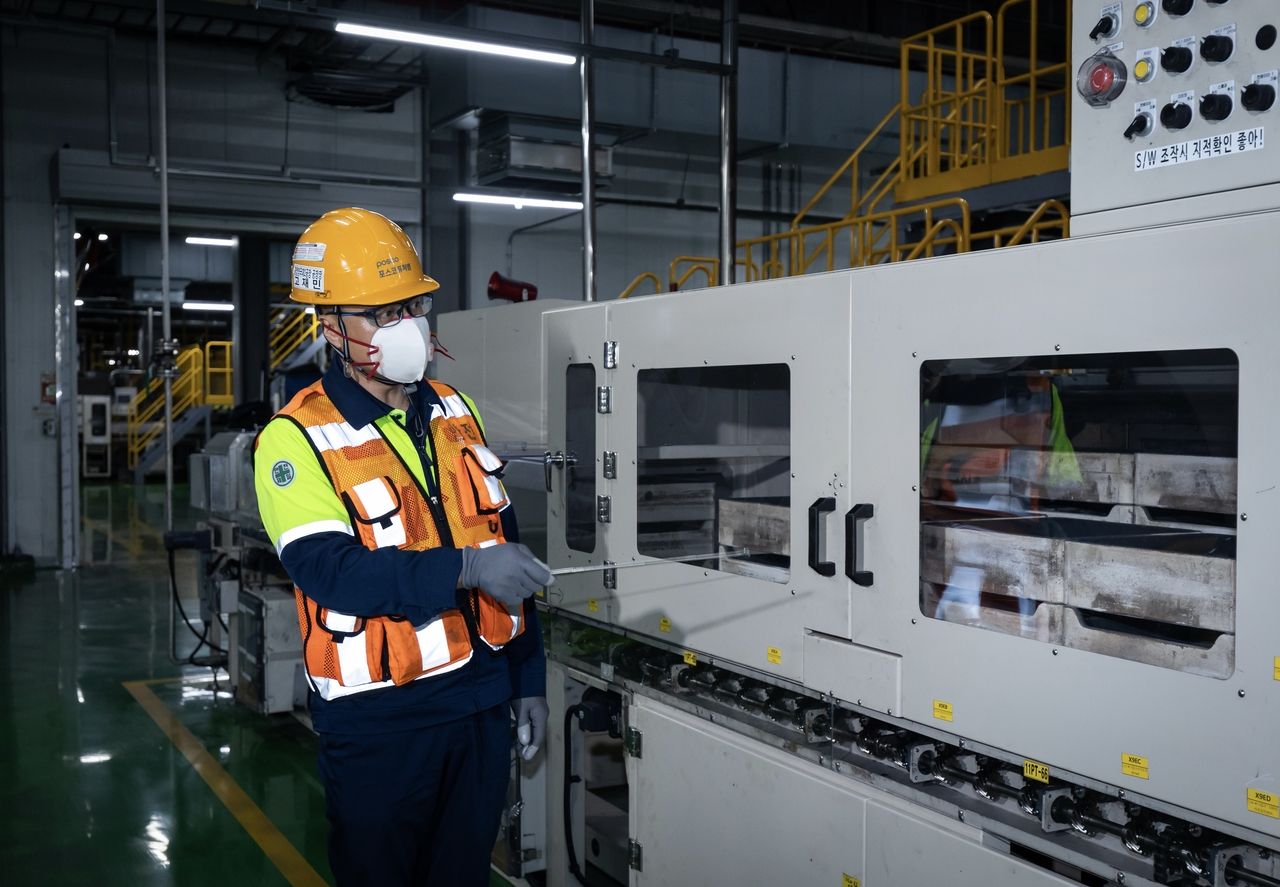 Posco Future M reported a sharp decline in second-quarter profit and swung to a net loss, as demand for electric vehicle (EV) battery materials slowed. However, the company anticipates a potential rebound in the second half of the year as new production comes online.
Posco Future M reported a sharp decline in second-quarter profit and swung to a net loss, as demand for electric vehicle (EV) battery materials slowed. However, the company anticipates a potential rebound in the second half of the year as new production comes online.
According to a regulatory filing on Friday, the South Korean battery material manufacturer recorded revenue of 660.9 billion KRW ($474.7 million) and operating profit of 770 million KRW ($577,500) for the April-June period. These figures represent a 27.8% drop in revenue and a 71.7% plunge in operating profit compared to the same quarter last year.
The company posted a net loss of 33.5 billion KRW ($25.1 million) in the second quarter, a stark reversal from the 48.9 billion KRW ($36.7 million) net profit it achieved in the first quarter.
Posco Future M’s energy materials division was hit hardest, with quarterly revenue plummeting 37.6% from the previous quarter to 315.4 billion KRW ($236.6 million). The unit reported an operating loss of 25.5 billion KRW ($19.1 million) as the global EV market showed signs of cooling.
The company reported that sales of high-nickel cathode materials decreased from the previous quarter, while sales of natural graphite anode materials increased among overseas clients. Posco Future M attributed the overall decline in sales to a reduced plant operation rate, which negatively impacted profitability.
Looking ahead, Posco Future M expects profitability to improve as its precursor plant in Gwangyang, South Jeolla Province, gears up for full-scale mass production in the second half of this year. Precursors are crucial components in the production of cathode materials, a key element of lithium-ion batteries.
The company held an official opening ceremony for the Gwangyang plant last month. Posco Future M reports that the new facility has an annual production capacity of 45,000 metric tons of precursor, enough to produce batteries for 500,000 EVs.
In addition to the precursor plant’s ramp-up, Posco Future M is poised to benefit from the U.S. government’s ongoing efforts to reduce dependence on China-based supply chains. This includes the recent announcement of a maximum 721% tariff on Chinese anode producers and a preliminary anti-dumping tariff of 93.5% on imported Chinese graphite.
“Posco Future M has the production capacity to meet demand for non-Chinese EV battery materials, both cathode and anode,” a battery industry insider told reporters.
“The escalating trade tensions between the U.S. and China will likely give Posco Future M an edge in securing contracts with Western countries,” the source added.










Most Commented